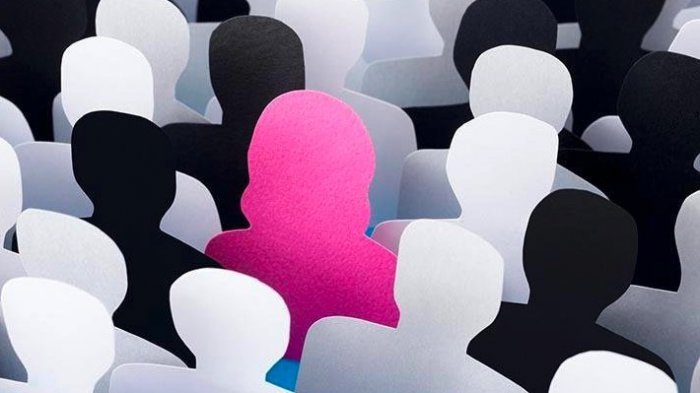Examples of prejudices: sexist, racist, ethnocentric, and self-centered. Also discover what they consist of, what prejudices are and how to build positive relationships.

The term prejudice originally designates any a priori judgment with respect to another, which may be favorable or unfavorable. However, it is true that the vast majority are habitually rated negative attitudes towards a certain group in particular.
It is characterized by being the process of forming a concept or judgment about something or something in advance, ahead of time. Prejudices therefore imply the elaboration of a judgment or opinion about a person or situation, before determining the preponderance of the evidence (that is, if that prejudice is real or not).
It implies a way of thinking that is closely related to behaviors or attitudes that we could consider as discrimination.
It is a common attitude, which we can observe in practically all areas of society, in any social group and – ultimately – in any age group.
Most prejudices arise out of convenience, with the aim of discriminating, dominating or ruling out other people, or accepting them without reflecting on whether they are really good or bad, or if we are faced with an objective or subjective opinion.
A useful way to find out what prejudice is is to do so by providing simple and easily understandable examples. But, yes, first of all we must bear in mind that there are different types of prejudices, the most common being sexist, racist, ethnocentric and egocentric.
Some examples of clear biases
Sexist bias
As we will see below, the vast majority of sexist prejudices arise from thinking that all members of the same sex are known, based on a previous negative experience with members of that gender?
- “All men are the same”.
- “All women are crazy.”
- “Blonde women are dumb.”
- “All men are equally brute.”
Racist prejudices
Most racist prejudices are mainly related to certain groups:
- “People of color always have a good heart.”
- “Colombians are always violent.”
- “The Dominicans are not very intelligent.”
- “I will marry a white woman to improve the race.”
Ethnocentric prejudices
Ethnocentrism occurs when the person thinks or believes that their ethnic group and their culture are superior or better than that of other cultures:
- “Spanish food is the best in the world.”
- “Brazilian music is the best.”
Self-centered biases
Egocentrism occurs when the person perceives reality from their own point of view:
- “I am better than everyone else.”
- “I do things better than you.”
- “Let me finish it, I do it faster and better.”
Forget about prejudices and build positive relationships
During our life, from childhood to adulthood, we meet all kinds of people, some will belong to our circle of trust, others will only pass by us without reaching empathy and others belong to our work, affective and love life.
Of course we do not have the same trust with our friends and with those people who are only acquaintances, people from work, neighbors, or those who maintain a relationship with a member of our family.
Therefore, to avoid certain quarrels and adapt better with people who are not very in tune, we recommend some proposals:
- Do not be prejudiced and try to open up to those kinds of people that you do not like at all, try to be objective and eliminate the negative thoughts you had about that person, feelings of anger, anger or resentment are not good allies in friendship relationships.
- Look at that person in an honest and sincere way, do not stay with the traits that limit you to get close to them, maybe if you take great care to know them, they may surprise you and they have things in common.
- Do not jump to conclusions (this boy is arrogant or she is very uptight) first limit yourself to getting to know him / her, be patient and objectively observe his attitude and personality, everyone has a good side.
- Once you show something in common, that you have good feelings and that you are a person like any other with virtues and defects, recognize that you can understand each other, that you have gotten to know each other and that it is very positive to have reached this point.




























